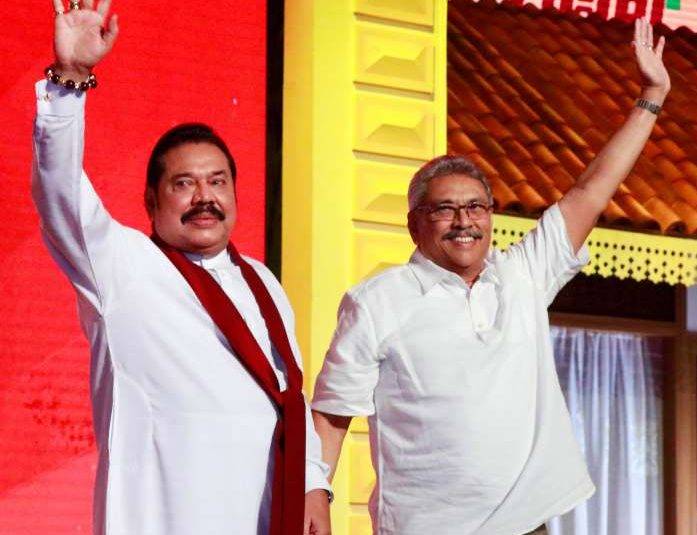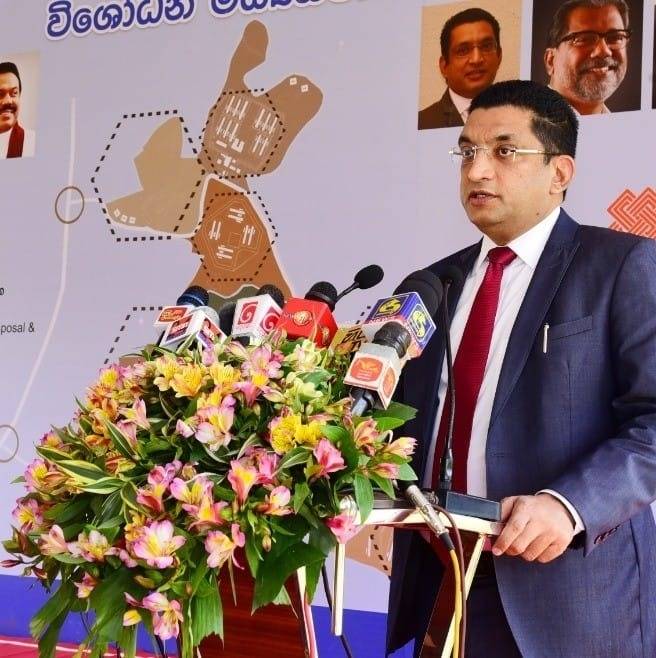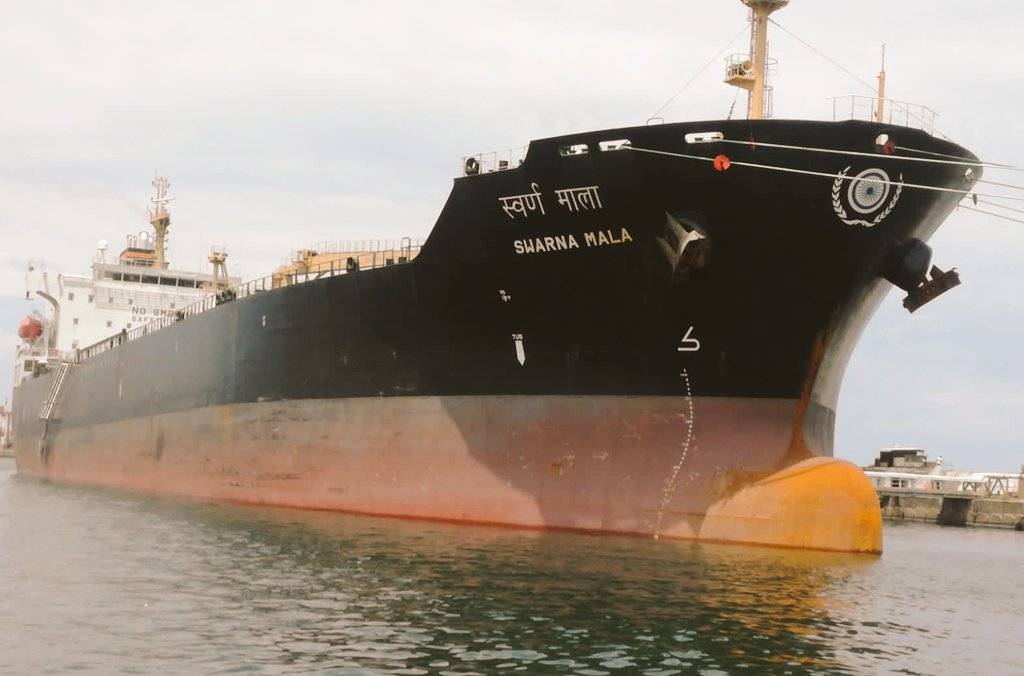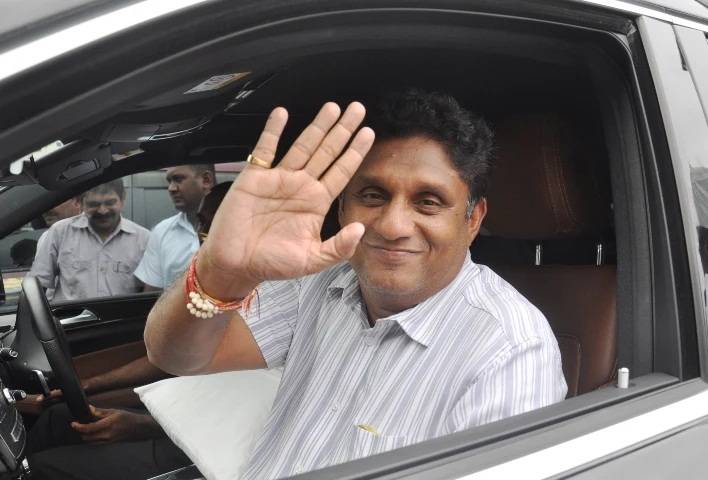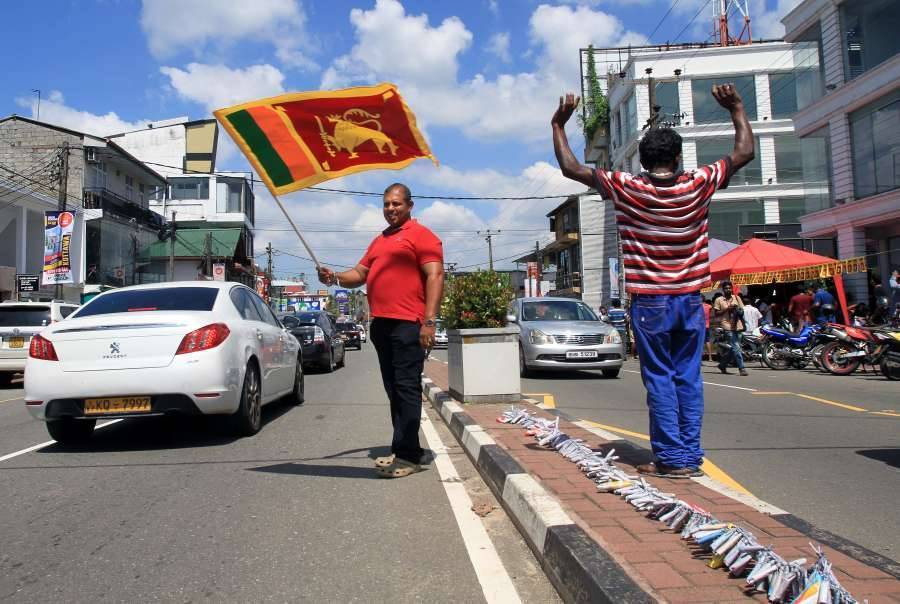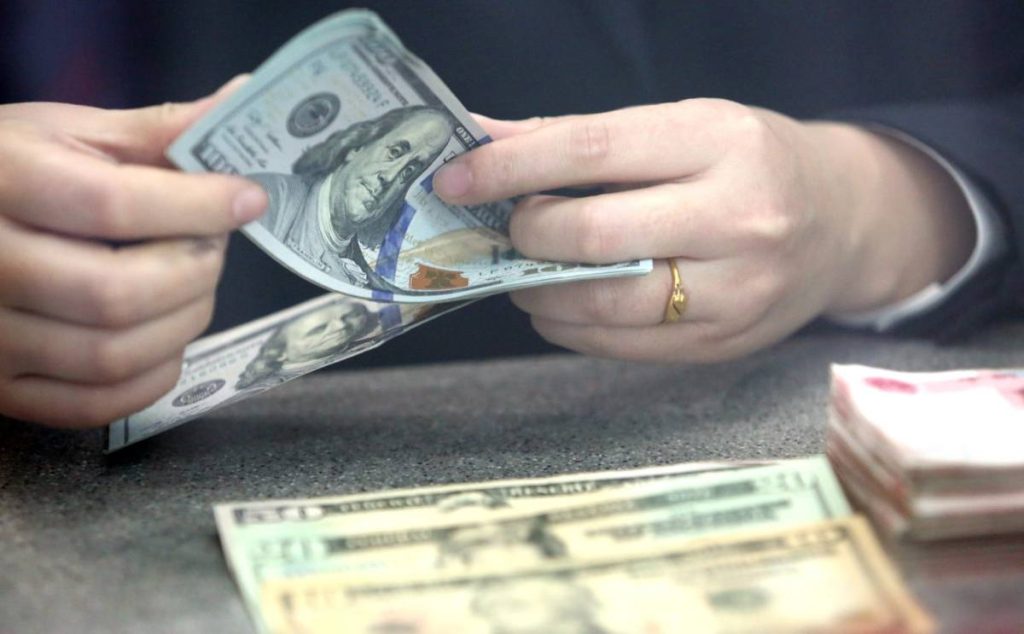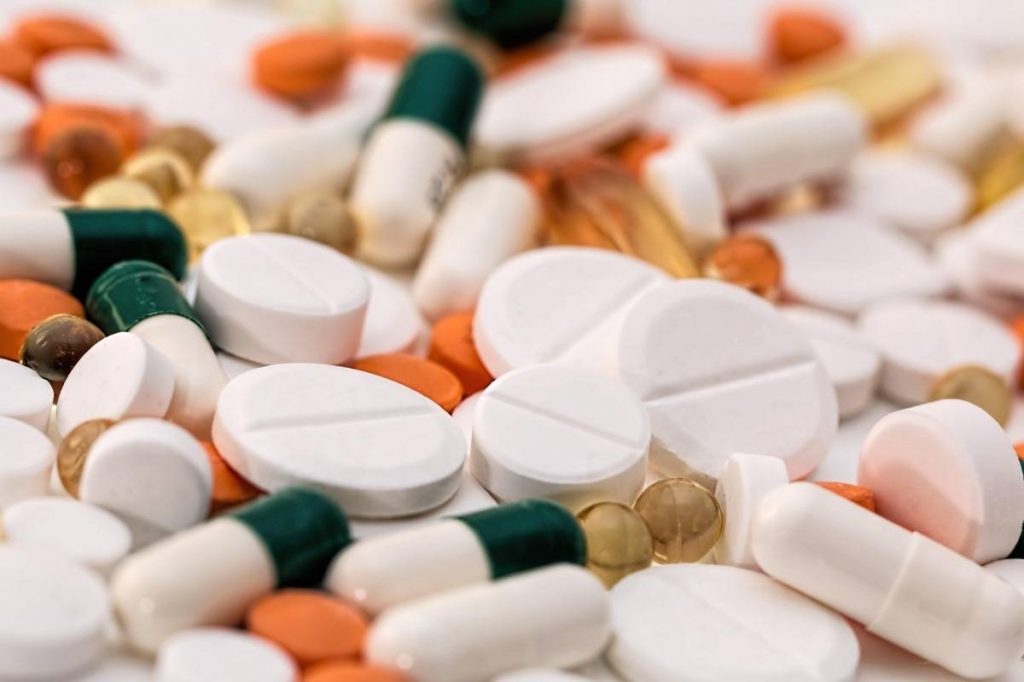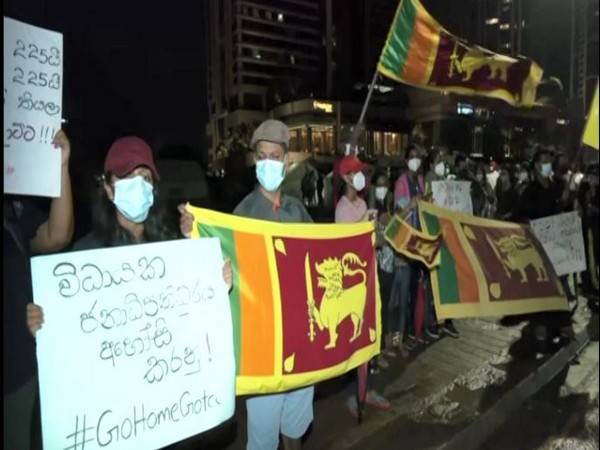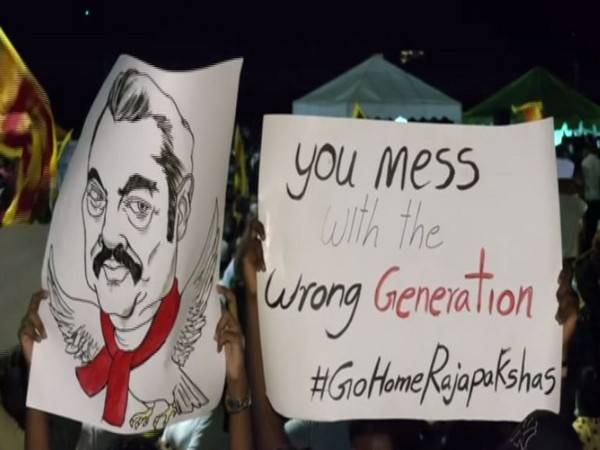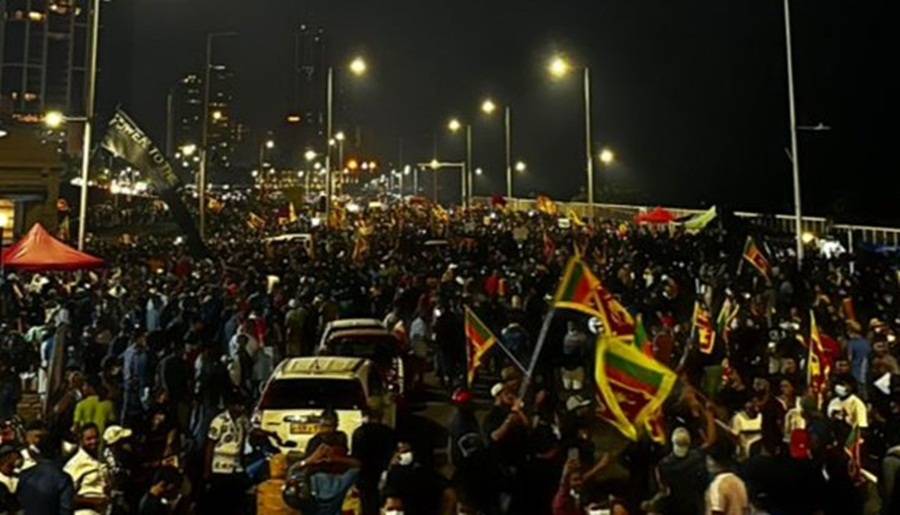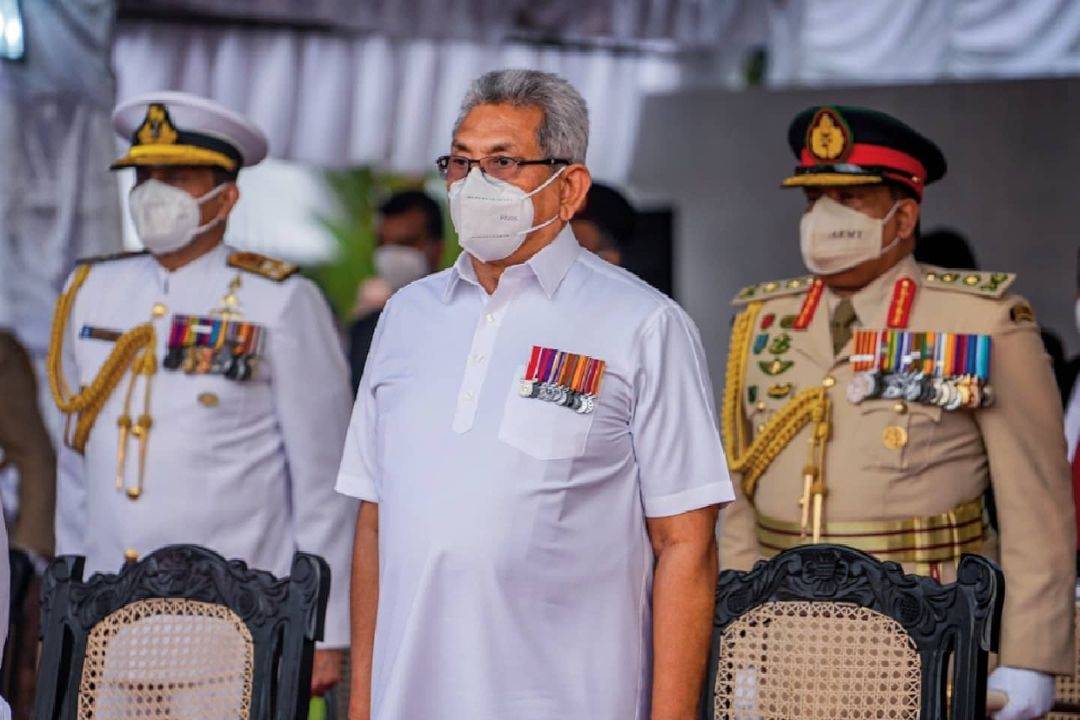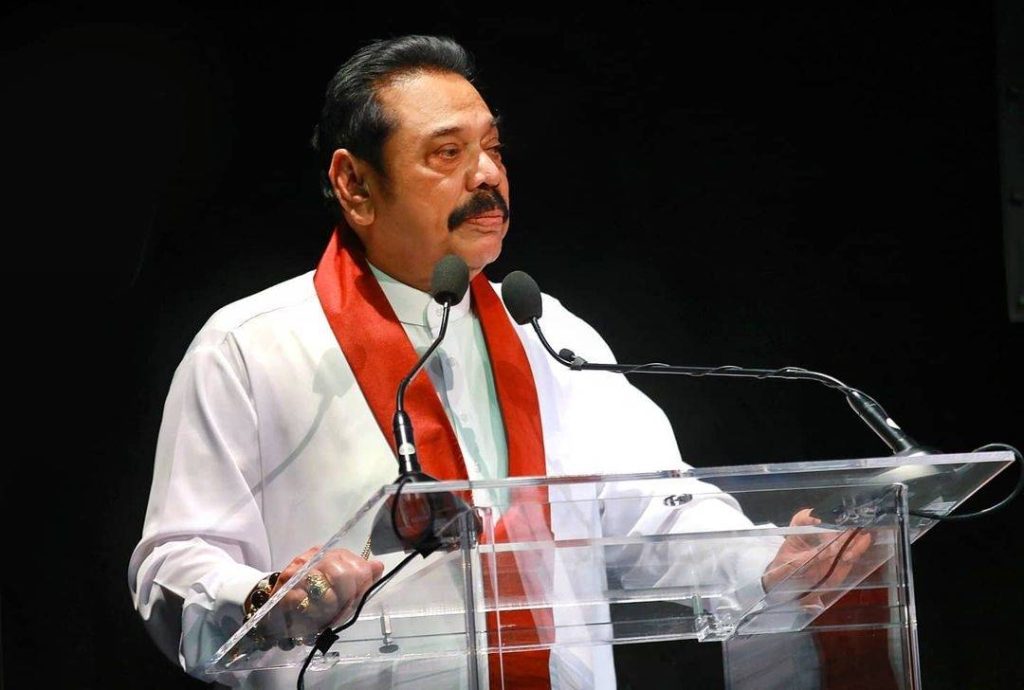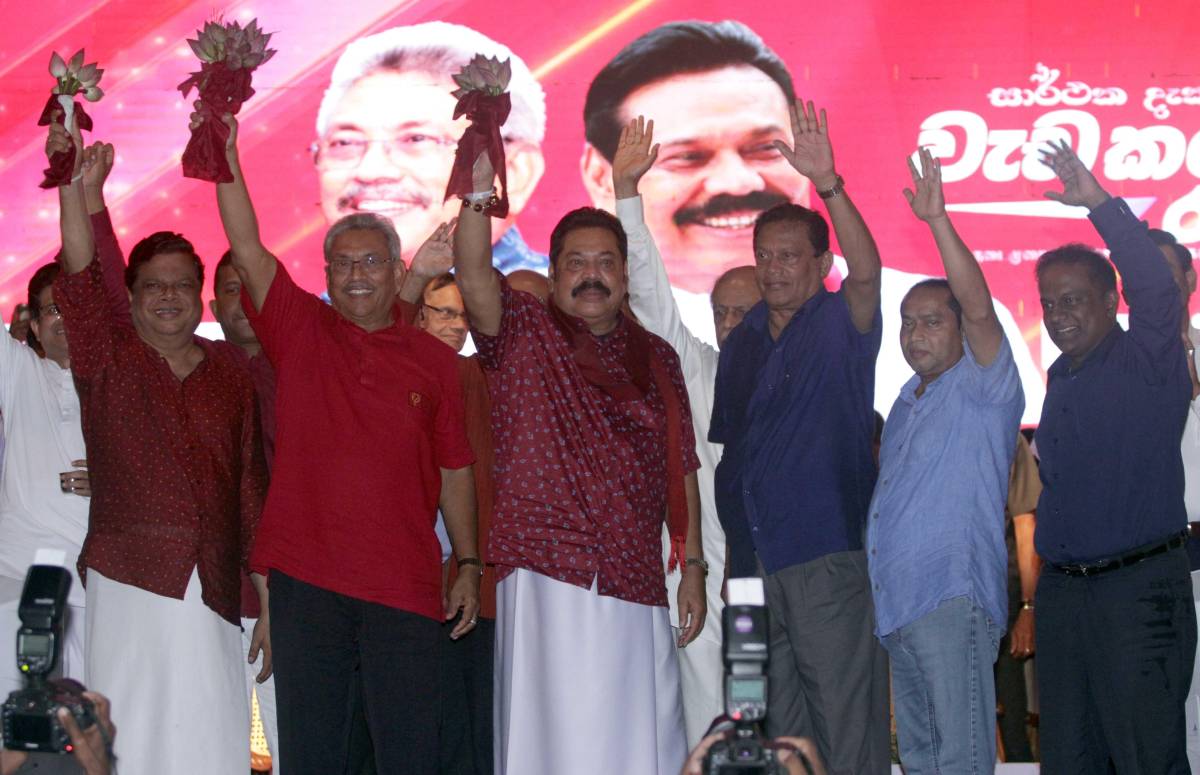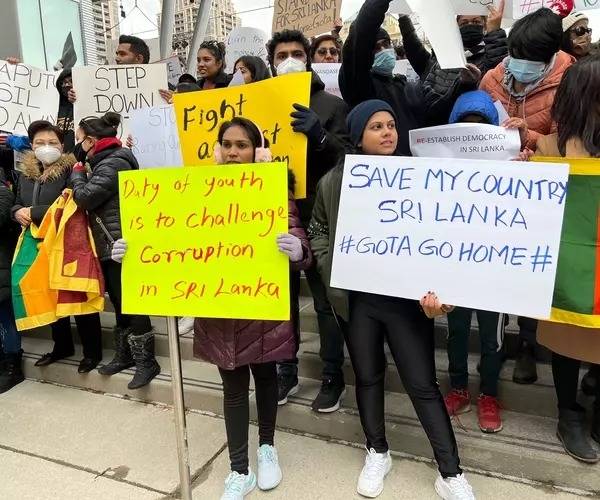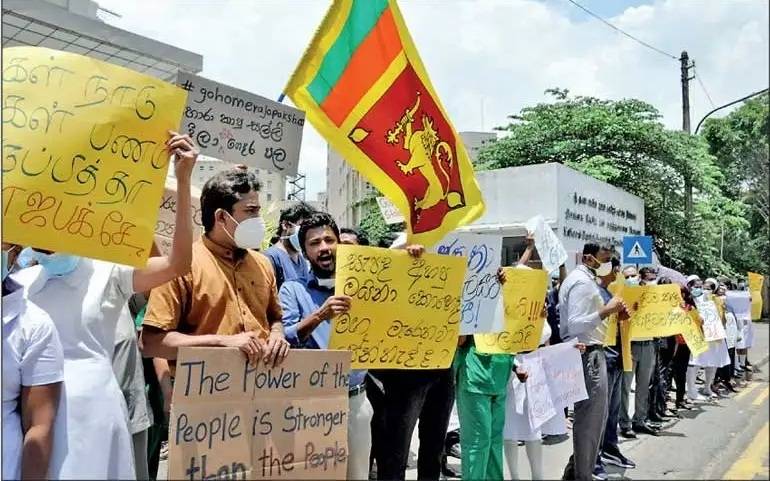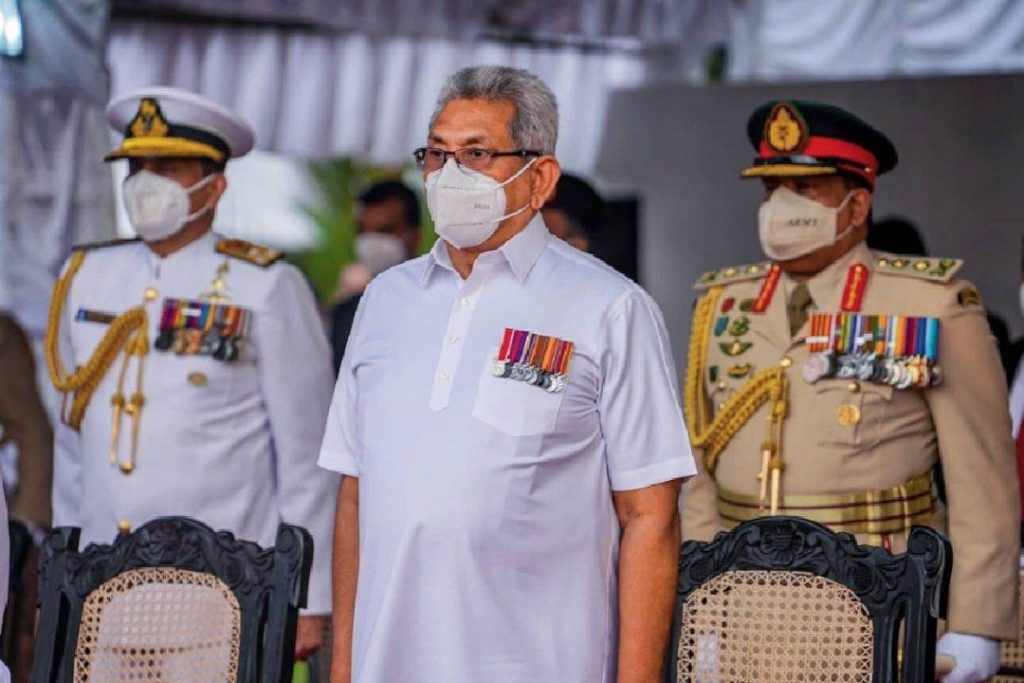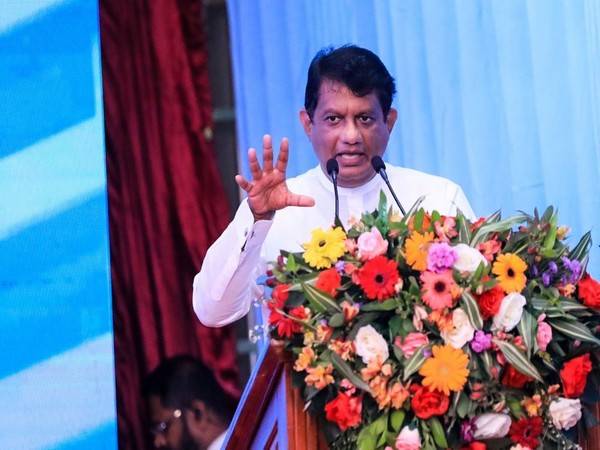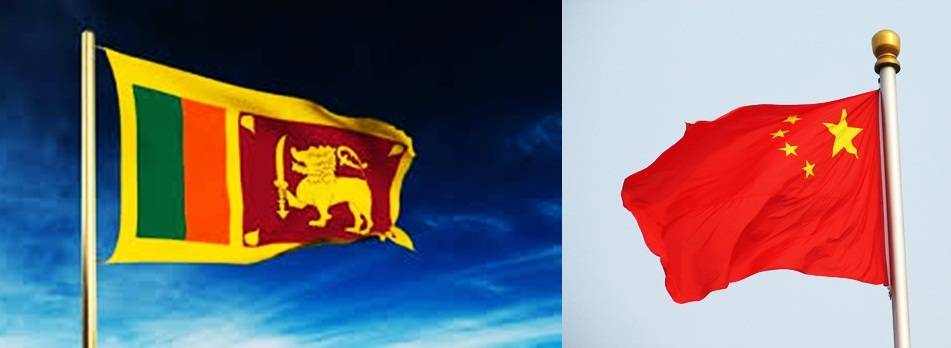The Rajapaksa-backed candidate received votes from 148 out of 225 MPs while the opposition’s candidate received only 65 votes….reports SUSITHA FERNANDO
Amidst a month long public protests and ahead of Friday’s island wide “Hartal” to bring Sri Lanka to a standstill demanding the government to “go home”, the ruling Rajapaksas in a secret vote on Thursday to elect a new Deputy Speaker, proved that it still holds majority in the Parliament.
The Rajapaksa-backed candidate’s victory at the parliament was proved a precursor to the outcome of two no-trust motions filed by the main opposition to oust President Gotabaya Rajapaksa and PM Mahinda Rajapaksa.
However, the Rajapaksas’ victory has complicated the current political impasse where angry people, waiting at fuel and gas stations and supermarket without food and pharmacies without medicines, demand all Rajapaksas to step down and handover the government.
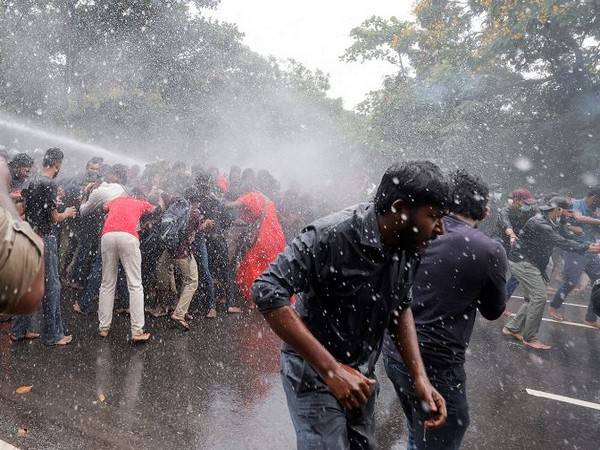
Former Deputy Speaker Ranjith Siyambalapitya, an MP from Sri Lanka Freedom Party (SLFP) of former President Maithripala Sirisena, last month announced his resignation from the post following 40 MPs of his party who had been elected to Parliament from the Rajapaksa lead Sri Lanka Podujana Peramuna (SLPP), decided to stay independent.
However last week on an invitation by President Rajapaksa to form an interim government, the SLFP and other 11 coalition political parties, which also threatened to be independent, sat with President and agreed to form an interim government dropping PM Mahinda Rajapaksa.
However, on Thursday, the Parliament decided replace the Deputy Speaker and the main opposition Samagi Jana Balawegaya (United People’s Power) proposed an MP from its party.
The Rajapaksa-backed candidate received votes from 148 out of 225 MPs while the opposition’s candidate received only 65 votes.
Opposition MPs alleged that the election for Deputy Speaker was a plot to prove the government’s majority when the entire country is demanding it to step down.
Tamil National Alliance (TNA) MP Shanakiyan Rasamanickam told parliament that when the
entire country demanding Rajapaksas to go, 149 MPs in the parliament still wanted to stay with Rajapaksas.
“There are only 65 MPs in the side of the people of this country,” he said.
Facing a worsening crisis, the government on Thursday announced restrictions on fuel for vehicles at Rs 2,000 for motor bicycles, Rs 3,000 for three wheelers, and Rs 8,000 for
cars, vans, and jeeps. For three days, fuel stations have been queued up with people.
With Sri Lanka going through its worst-ever economic crisis with dollar crunch and inflation, the government on Wednesday admitted that country’s dollar reserves had dropped to less than $50 million. Last month, the country announced defaulting of all foreign loans amounting to over $51 billion.

